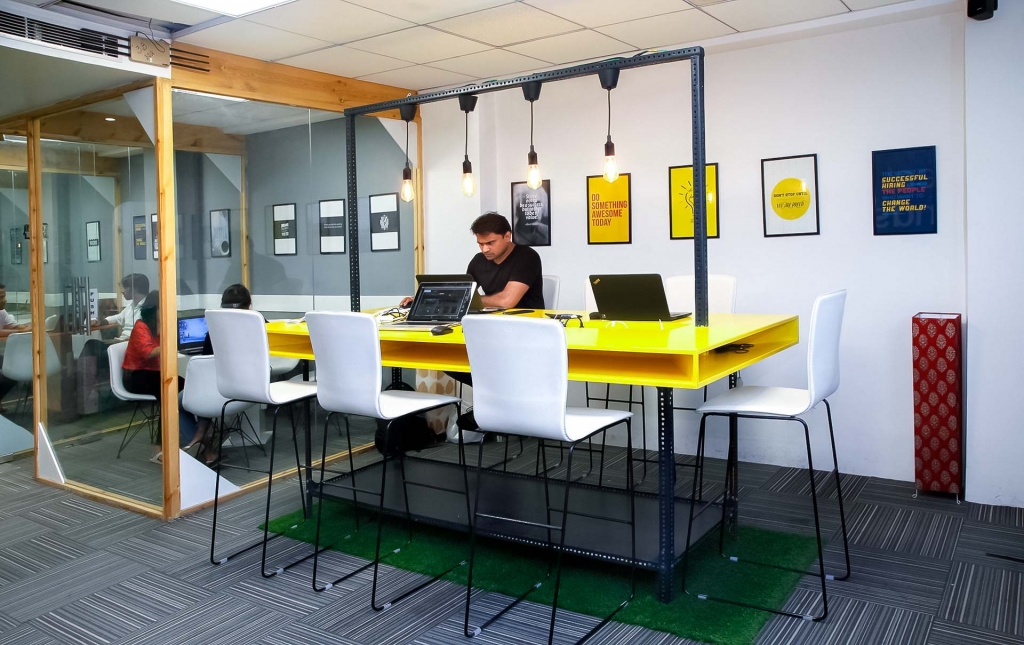Owning a private venture is an ensured lesson in pain management.
When you first open your small venture, you dream of days of having happy customers, profiting and possibly delivering a need for your product. However, those days can blur immediately when you end up working over infinite days and addressing if anything that you are doing is having any kind of effect on your business?
When you begin or manage any type of small private business, you are the business. And any typically arranged out day can vanish in seconds as you wind up in a meeting with lawyers, plugging an operational loophole, making sense of the promoting plan for the week, taking care of a crisis call from a focused customer. At that point completing the day making the last round of unanswered deal calls that can’t wait for tomorrow.
In private venture, your day is spent in the constant revolution between settling on the choices for your role of owner/manager. This conducts doing the frontline work needed to get done now to keep the business pushing forward towards progress. What is quick and shouting the loudest stands out on your notice and the priorities of the day are replaced by the needs of that minute.

You go in ahead of schedule, are prepared to make the most of this day. Even for twelve hours after the fact, you are perched on your lounge chair depleted. You are holding a glass of wine, as yet browsing messages and after that, you understand you were occupied throughout the day. Yet, did you truly complete anything of significance?
Indeed, even with a group in your business. It is anything but difficult to slip into the worker mode. You step into the madness of hour because you believe you can get things done needing to be done, and why waste an hour showing somebody how to do it when you can complete the assignment in five minutes as you generally have?
But, as an owner or manager, what is an hour of your time worth? And when you go through your day working in the business as that cutting edge individual, who is truly running or managing how to deal with this business?
Powerful owners and managers adapt ahead of schedule. There is a contrast between being occupied and being successful. Appearing promptly in the first part of the day, strapping on your manager’s fire extinguisher, then going through your day putting out one hundred minimal operational fires keeps you occupied. However only from time to time profits.
You were occupied, however, you were not successful
You were working in your business. However, you were not dealing with the stuff to develop & grow this business over time.
We all get trapped in this ineffective day of nonsense at some point in our life. The primary reason for this is because we have never placed a true value on an hour of time spent. We hire people to work for us, and pay them $50 per hour, then end up doing the same work they do.
Even in the smallest of businesses, you need to learn to choose between what makes you money and what keeps you busy and develop a fine line of difference between the two. Setting a value on an hour of your life in any business helps determine what work needs to be done now. And differentiates what work needs to be set aside for later if done at all.
If you are paying $50 per hour to your people, start your value at $500 per hour and keep reminding yourself constantly during your day, “Am I currently doing $50 an hour work now, or is this $500 an hour work that moves my company/organization forward financially?”
This weird form of time management would help you focus on tasks having the highest ROI value to your business. It is easy in small business to be stuck with crazy schedules all day. But it is hard to constantly stay effective over a long day of putting out endless fires over XYZ matters.

Strong managers and business owners realize that they only have so many effective hours per day. You might work 60–70 hours per week, and brag to your friends you are always the last man or woman standing at your workplace. But most managers and business owners lose their effectiveness after about fifty hours of work. You are standing there putting in the hours of work needed, but after that fifty-hour barrier, your effectiveness to make decisions that matter declines at a considerable rate.
A research conducted by Melanie Curtin suggests that in an eight-hour day, the average worker is only productive for a maximum of two hours and fifty-three minutes. That’s the most of it which you ideally get from a resource.
If you belong to the typical small business owner category, ninja warrior mentality, and are still getting in your 10–12 hours per day, you might only have an efficiency rate of about twenty-five percent assuming your max effective time is 3 hours.
You need to realize that your effective time is this limited. You need to find a dollar amount in your head that keeps you focused on what is important to grow forward in your business. If in your head an hour of your time is worth $500, or even $1000 per hour. The work you then should be doing first has to be work that generates the biggest results for the time spent. If you fail to do so, I’m sorry to say, but the weather would be hard all the time.
All hours are not equal in a business
Your time management and business planning have to take priority over the daily tasks that just keep you moving but generate the least amount of revenue. How do you get with this flow? There are simple steps you can apply right away to help you change your focus from an employee in your own business to a prominent business owner:

You Decide YOUR Worth
Never start your day without working over a list of all the tasks that determine business growth. There is not just the routine stuff that needs to get done, but a list of the things, that if done, grows your business. This is the $500/hr list that would help you move forward.
Delegate tasks if you have a team to those who can handle $500/hr work and those to ones who are still in the $20/hr category. This way you get more time to do the planning part.
Dedicate the best hours of your day, when you are awake and focused, to get the $500/hr list done first. Saving the routine tasks for the end of the day, when you have the least focus and energy left.
You must train yourself to step outside the routine business and spend time working on it, not just simply wasting an entire day working within it. Put away all your focus from doing work that does not make you money. Remember, small business owners struggle when they can’t prioritize their most precious asset, which is their time. Don’t be a part of their group, learn to prioritize and thrive!
You only possess about 50 effective hours per week. Write it down so you can remember it.
These 50 hours have to be the hours where you do the $500 work as it will only make all the difference to you & your business.
With what all time you’ve left after that, you may go fix that toilet.




